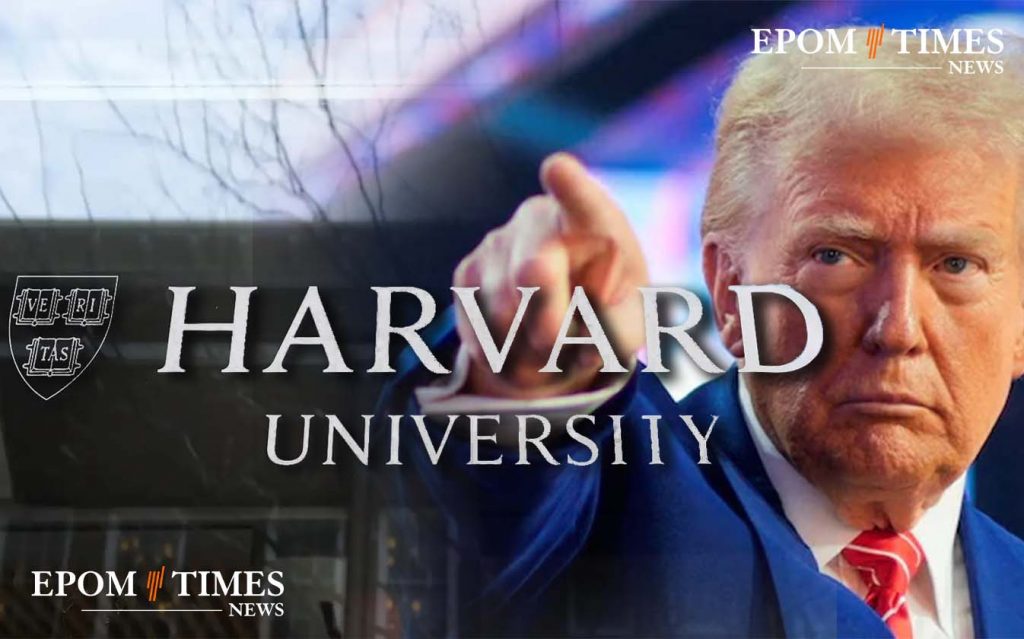U.S. President Donald Trump has intensified his administration’s conflict with Harvard University by threatening to revoke its tax-exempt status. This escalation follows Harvard’s refusal to comply with federal demands to modify its hiring practices, admissions policies, and academic programs. In response, the administration has frozen over $2 billion in federal funding allocated to the university.
President Trump expressed his frustration on Truth Social, suggesting that Harvard should be taxed as a political entity if it continues to promote what he described as “political, ideological, and terrorist inspired/supporting ‘Sickness.'” He emphasized that tax-exempt status is contingent upon acting in the public interest.
While the Internal Revenue Service (IRS) operates independently and has not commented on the matter, legal experts consider the revocation of Harvard’s tax-exempt status unlikely. Former IRS Commissioner John Koskinen noted that such actions are rare and would likely face significant legal challenges. Nonetheless, the threat alone could impose substantial legal and financial burdens on the university.
Harvard’s endowment, valued at approximately $50 billion, benefits significantly from its tax-exempt status, allowing for tax-deductible donations and investment growth. The potential loss of this status could have long-term financial implications for the institution.
Former Treasury Secretary and Harvard President Lawrence Summers criticized the administration’s actions, stating that using the tax system to target political adversaries is characteristic of authoritarian regimes.
This confrontation highlights the ongoing tensions between the Trump administration and academic institutions, raising concerns about academic freedom and the politicization of education.



